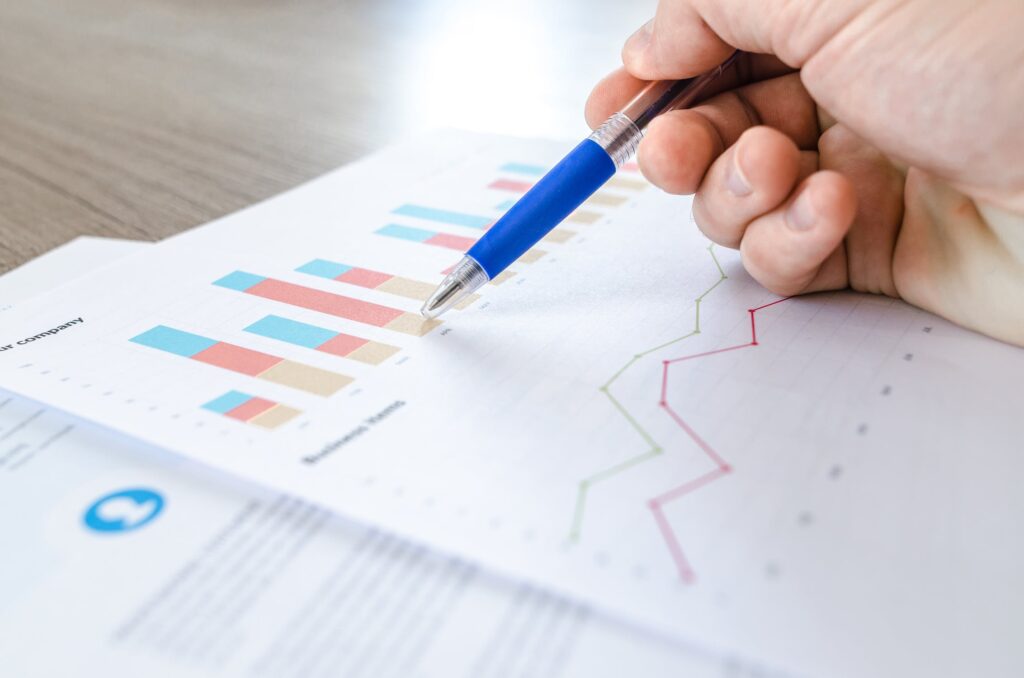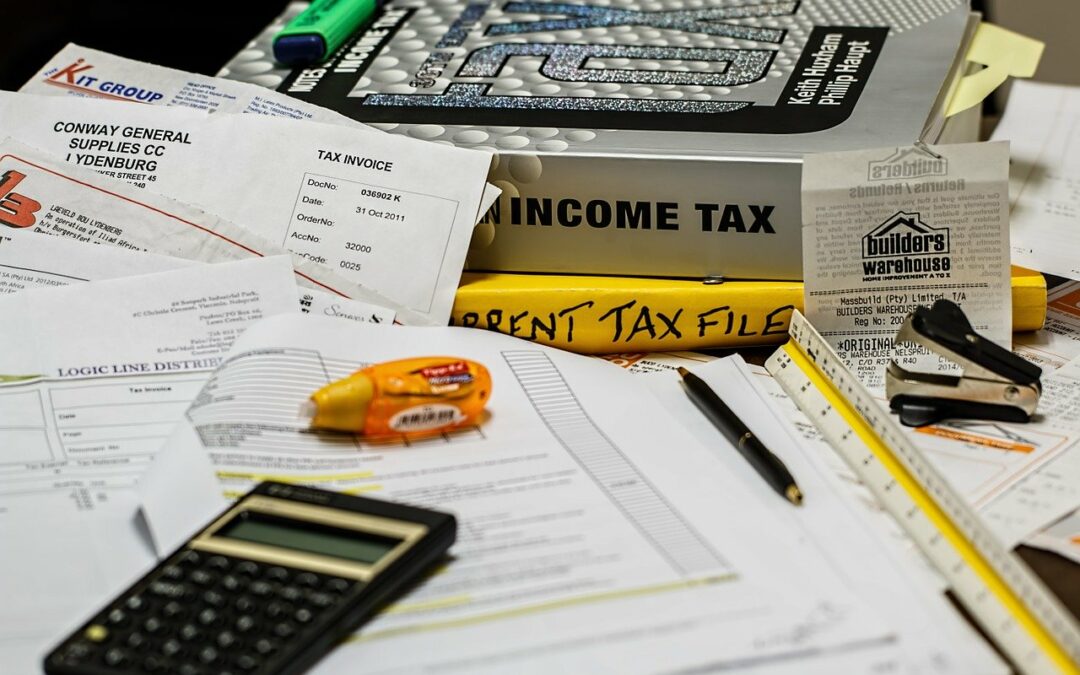We may have just celebrated the new year, but that doesn’t mean it is too early to start worrying about our income taxes. Our income taxes are something that most Canadians don’t necessarily look forward to, but with the knowledge of what tax deadlines you need to meet, at least you can make it as stress-free as possible.
2020 Tax Deadlines
There are a few dates of interest to keep in mind when it comes to filing income taxes. Some of it depends on whether or not you are self-employed. All the deadlines are handy to know, but they may not all apply to you:
– RRSP Contribution deadline is March 2, 2020
– If you are NOT self-employed, your tax filing deadline is April 30
– If you are self-employed, your tax filing deadline is June 15 (It does need to be noted that although the self-employed deadline is June 15, your taxes owing are still due on April 30. This means you will incur interest if you have an amount owing when filing June 15, if you have yet to make a payment)
– If you are making installment payments in 2020, they are due March 15, June 15, September 15 and December 15
– Corporate taxes are due no later than 6 months after the end of the fiscal period. If your corporate year-end was December 31, 2019, the taxes are due by June 30, 2020. (This is like the self-employed example above, where the filing date is after the due date for payments. Payments are due 2 months after year end, so if you have a balance owing, make sure you pay sooner than your filing date, to avoid interest penalties)
These dates are all important to keep in mind, so that we can ensure you have filed your taxes on time, and also made payments before accumulating extra interest! After all, we might as well keep money in our own pockets where possible, right?

GST/HST filing dates
For Monthly Filers
– The filing deadline is one month after the end of the reporting period (e.g. July 31, 2020 reporting period means both payment and filing is due by August 31, 2020)
For Quarterly Filers
– The filing deadline works the same way for quarterly filers as it does for monthly filers (e.g. March 31, 2020 reporting period means filing and payment must be done by April 30, 2020)
For Annual Filers
– Annual Filers that have a fiscal period that ends anytime other than December 31, 2020, must file and pay 3 months after year end (e.g. August 31, 2020 reporting period means that filing and payment is due by November 30, 2020)
– Annual Filers that have a fiscal period that ends December 31 must be filed by June 15, 2020. However, much like self-employed income above, the taxes must be paid by April 30)

Tax season can certainly be a stressful one, but by acknowledging the tax deadlines you need to meet, you can at least make it as easy as possible on yourself. Staying on top of the filing and payment of your taxes is a great way to ensure you don’t stress yourself out financially. If you are having issues with your taxes, and find yourself getting further into debt, contact us for a free consultation. We can work with you and get you working towards your financial FreshStart!

